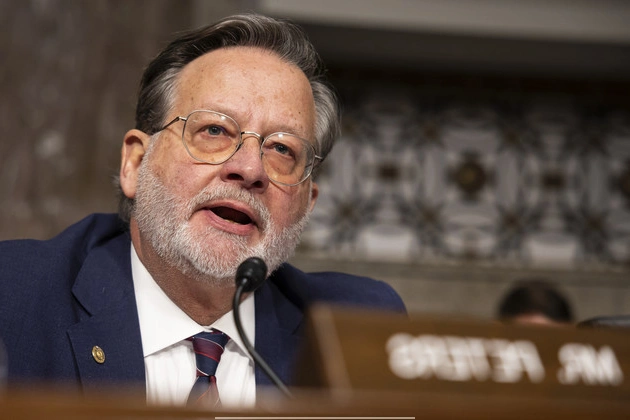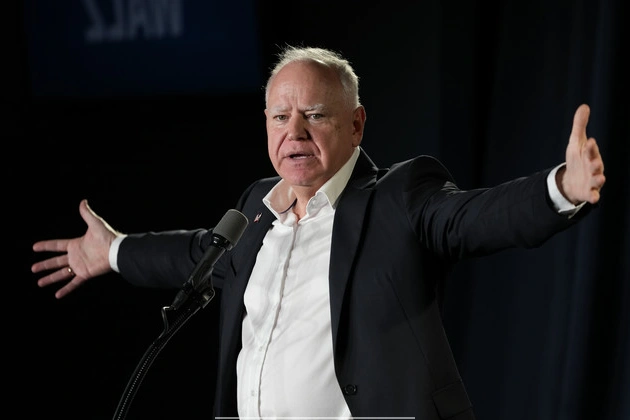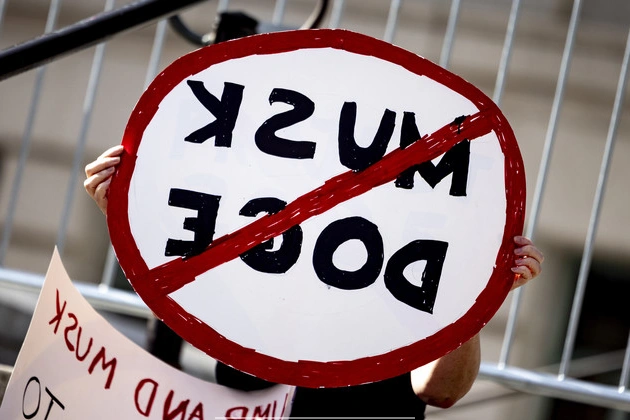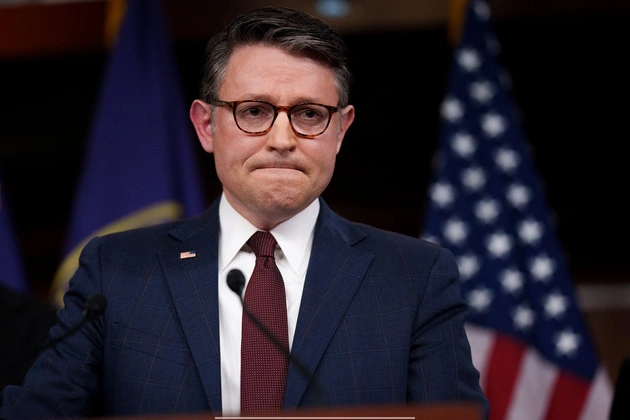
Michigan Senate Race Update: Gary Peters Opts Out of Re-election Bid
Michigan’s political landscape is set for a major shift as Senator Gary Peters (D-Mich.) announces his decision not to seek re-election in 2026. This unexpected move leaves an open seat in the swing state, adding more intensity to an already tough battle for Democrats to regain the majority.
The Political Race Heats Up
With both parties now in a frenzy to find suitable candidates for the upcoming election, the competition is expected to be fierce. After President Donald Trump’s narrow victory in Michigan by 1.4 percentage points in 2024, the state remains a critical battleground.
Peters, who secured his seat in 2014 and won by a slim margin in 2020, served as the chair of the Senate Homeland Security Committee during the Democrats’ tenure in the chamber. The 66-year-old senator expressed his readiness to embark on a ‘new chapter’ outside public office, emphasizing the importance of passing on the torch to the next generation.
A Shifting Political Landscape
Michigan was already poised to be a key battleground in the upcoming midterms, with attention focused on the race to succeed the term-limited Democratic Governor Gretchen Whitmer. Speculation arises around potential candidates, including Secretary of State Jocelyn Benson, former Transportation Secretary Pete Buttigieg, and Lt. Gov. Garlin Gilchrist.
Both major parties anticipate a competitive race, with contrasting views from the Democratic Senatorial Campaign Committee and the National Republican Senatorial Committee on the outcome. Despite no recent Republican victories in Michigan Senate races, the GOP remains determined to secure the seat in 2026.
Looking Ahead
As the political landscape evolves, former GOP Rep. Mike Rogers and Republican Rep. John James are among the contenders exploring their options. Peters’ departure from the Senate signifies a departure from political life, with the senator emphasizing his desire for new opportunities to contribute to the community.
Reflecting on his decision, Peters underscores that this is not a retirement but a transition to new endeavors. His decision not to pursue the open governor’s race signals a shift towards different ways of service beyond Congress.
Peters’ political journey, spanning from the House to the Senate, reflects a commitment to public service and community engagement. As Michigan gears up for a transformative election cycle, the absence of an incumbent senator adds a layer of unpredictability to the race.















